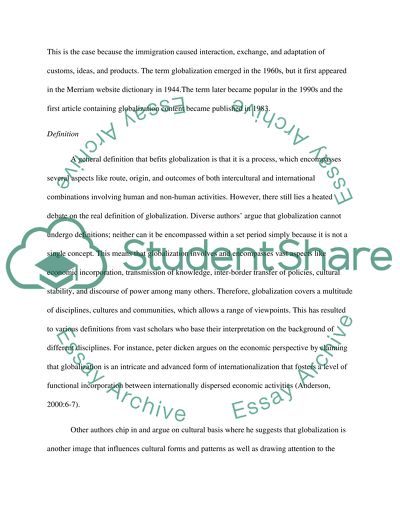Cite this document
(“How has Globalization shaped Energy Systems in Emerging Economies and Essay”, n.d.)
Retrieved from https://studentshare.org/geography/1491902-how-has-globalization-shaped-energy-systems-in
Retrieved from https://studentshare.org/geography/1491902-how-has-globalization-shaped-energy-systems-in
(How Has Globalization Shaped Energy Systems in Emerging Economies and Essay)
https://studentshare.org/geography/1491902-how-has-globalization-shaped-energy-systems-in.
https://studentshare.org/geography/1491902-how-has-globalization-shaped-energy-systems-in.
“How Has Globalization Shaped Energy Systems in Emerging Economies and Essay”, n.d. https://studentshare.org/geography/1491902-how-has-globalization-shaped-energy-systems-in.


